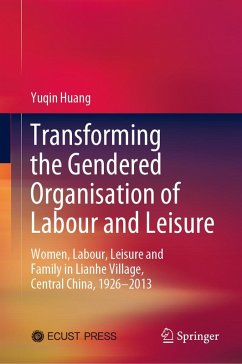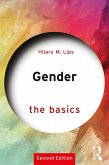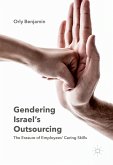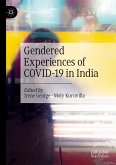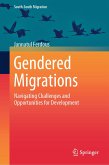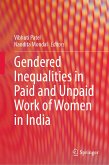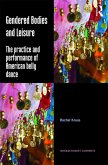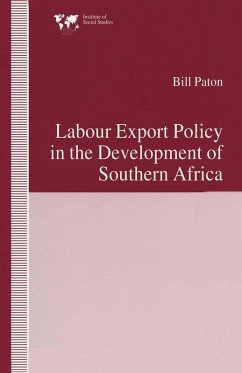This book explores how the labour and leisure lives of people in contemporary rural China have been structured and transformed, discussing the changing dynamics of power relations both between and within genders, and in local (village and family/household) and remote (the state and market) contexts. It combines perspectives from sociology, gender studies, social history and demography to investigate the changes and continuities in the lives of women and men in Lianhe, a rural village in central China, examining the period from 1926 to 2013 through the lens of labour and leisure. Employing methods from the field of ethnography, the research focuses on the life stories of three generations, including 57 women in Lianhe.
The book develops a 'double comparison' analytical framework to compare the organisation of labour and leisure in the three respective generations, proceeding, on the one hand, diachronically along the historical time, that is, the pre-collective era, collective era and reform era, and synchronically along the women's life stages on the other. In so doing, the book links women's shifting role in changing family/household forms with broader socio-economic, political, demographic and cultural changes. Moreover, it employs a holistic perspective to reflect changing patterns in women's labour and leisure by disrupting the remunerated/unremunerated, home/labour, within/outside household and labour/leisure dichotomies, and exploring the interrelations between them.
Based on this, the book then identifies the determinants of rural women's labour and leisure and reveals the women's experiences of their changing identities, particularly concerning their relationships with their parents (-in-law), sisters (-in-law), husbands and children. Particularly highlighting the interdependence and inequality among women, it also reveals their own perception of their identities and relationships, and their understanding of husband-wife fairness and gender equality. Lastly, it demonstrates that the prevalent androcentrism in the remote world does not match the increasing husband-wife fairness in the local world and argues that this mismatch has caused the complex and paradoxical experiences and subjectivities of these women.
Given its scope, the book is of interest to scholars, students and researchers in the fields of sociology, anthropology, gender and development, as well as a general audience looking to explore contemporary rural China.
Dieser Download kann aus rechtlichen Gründen nur mit Rechnungsadresse in A, B, BG, CY, CZ, D, DK, EW, E, FIN, F, GR, HR, H, IRL, I, LT, L, LR, M, NL, PL, P, R, S, SLO, SK ausgeliefert werden.
Hinweis: Dieser Artikel kann nur an eine deutsche Lieferadresse ausgeliefert werden.

